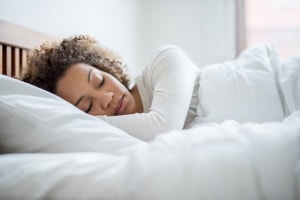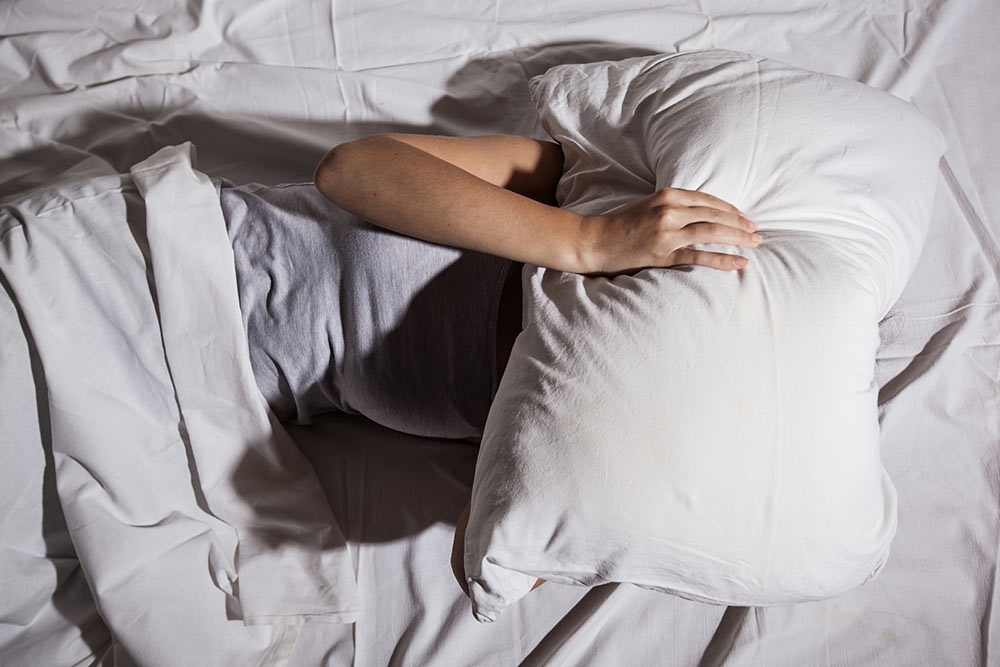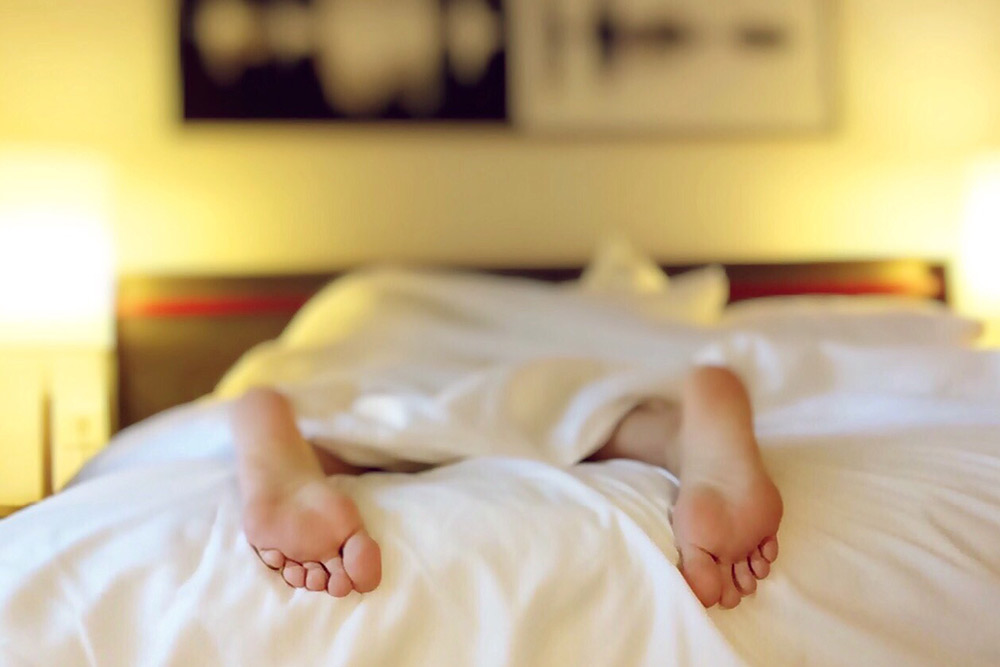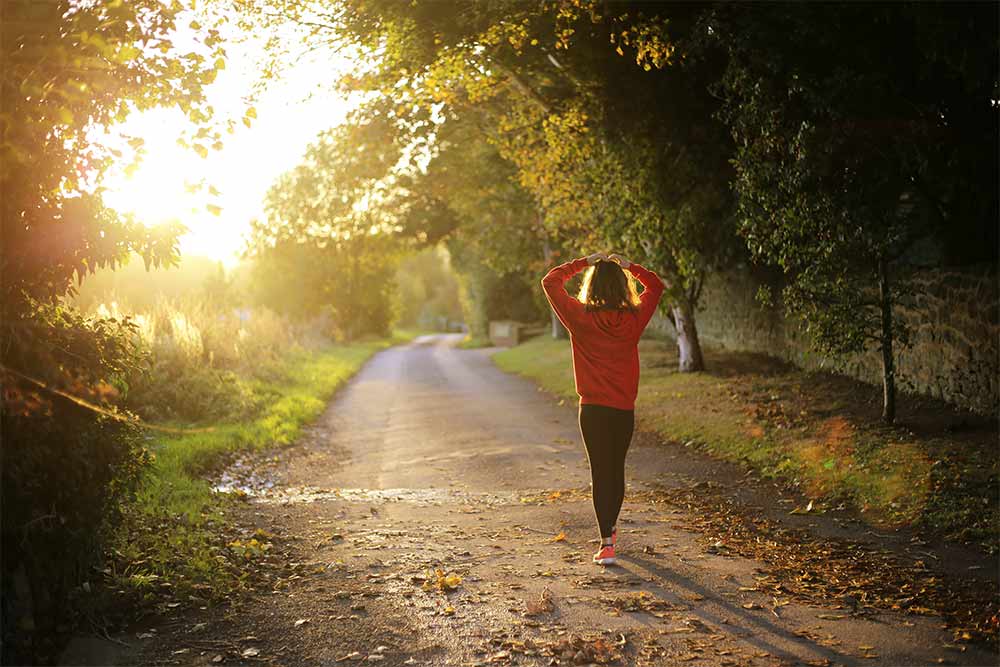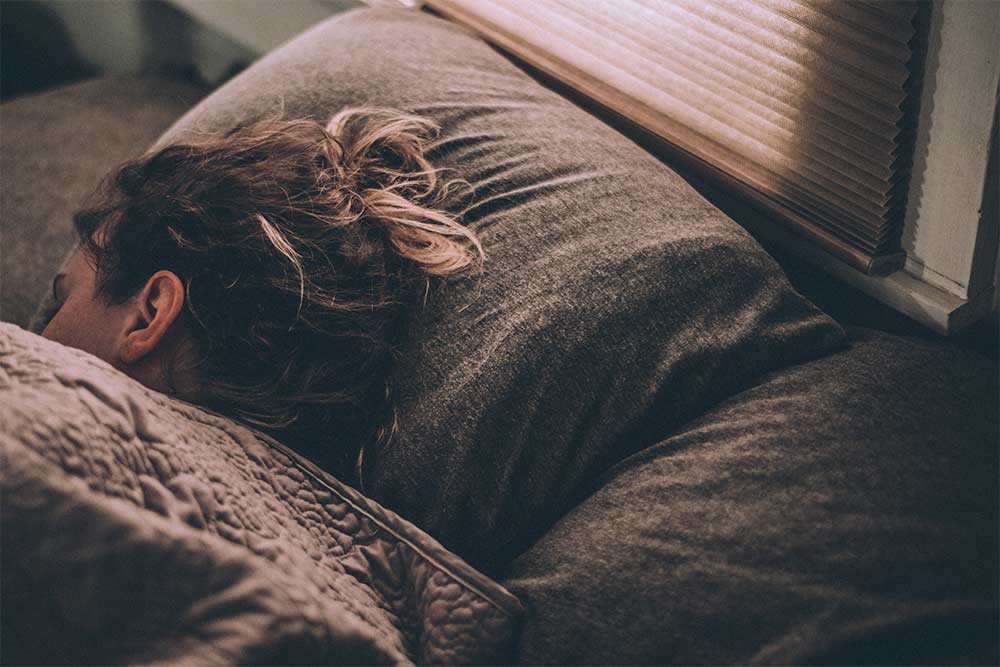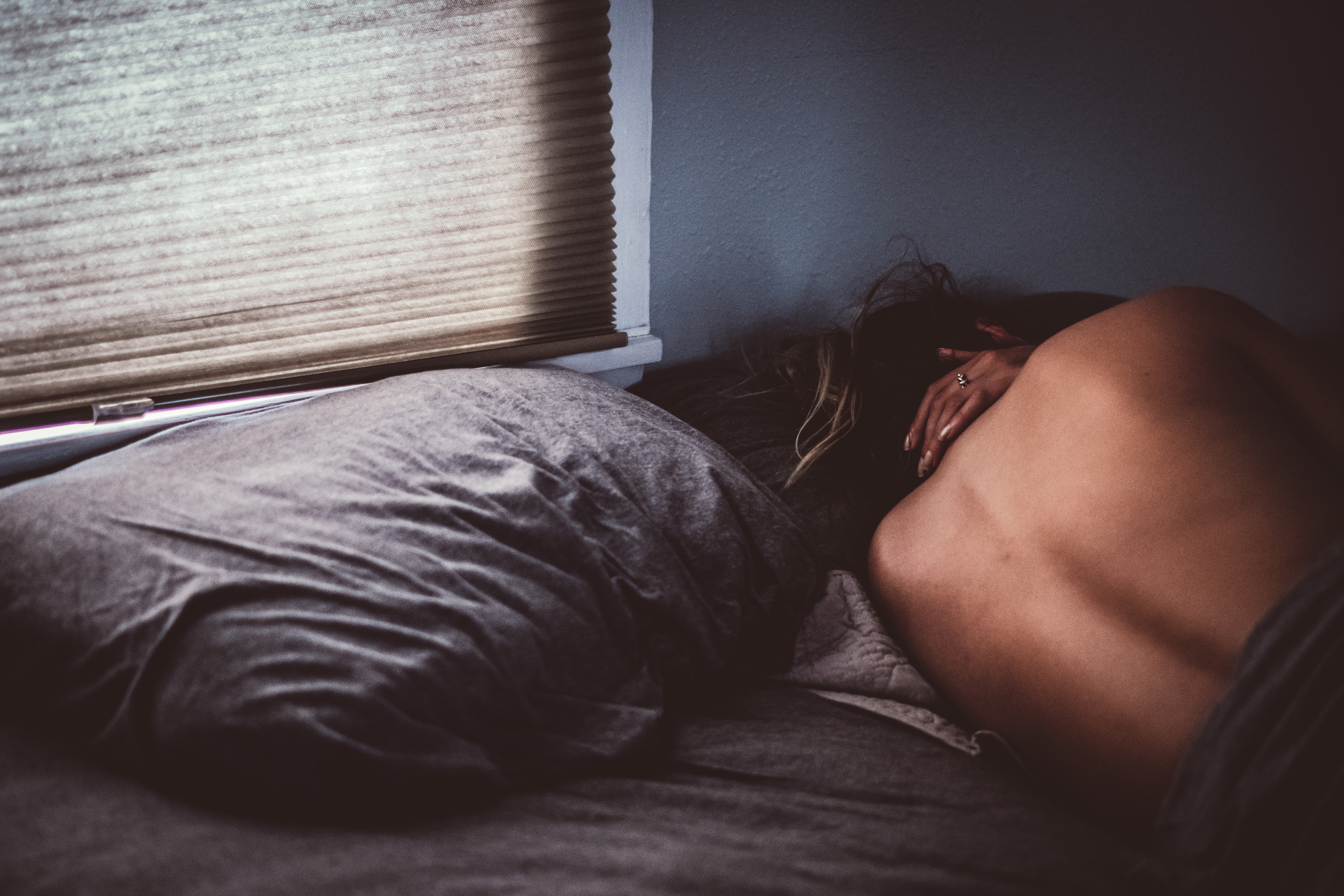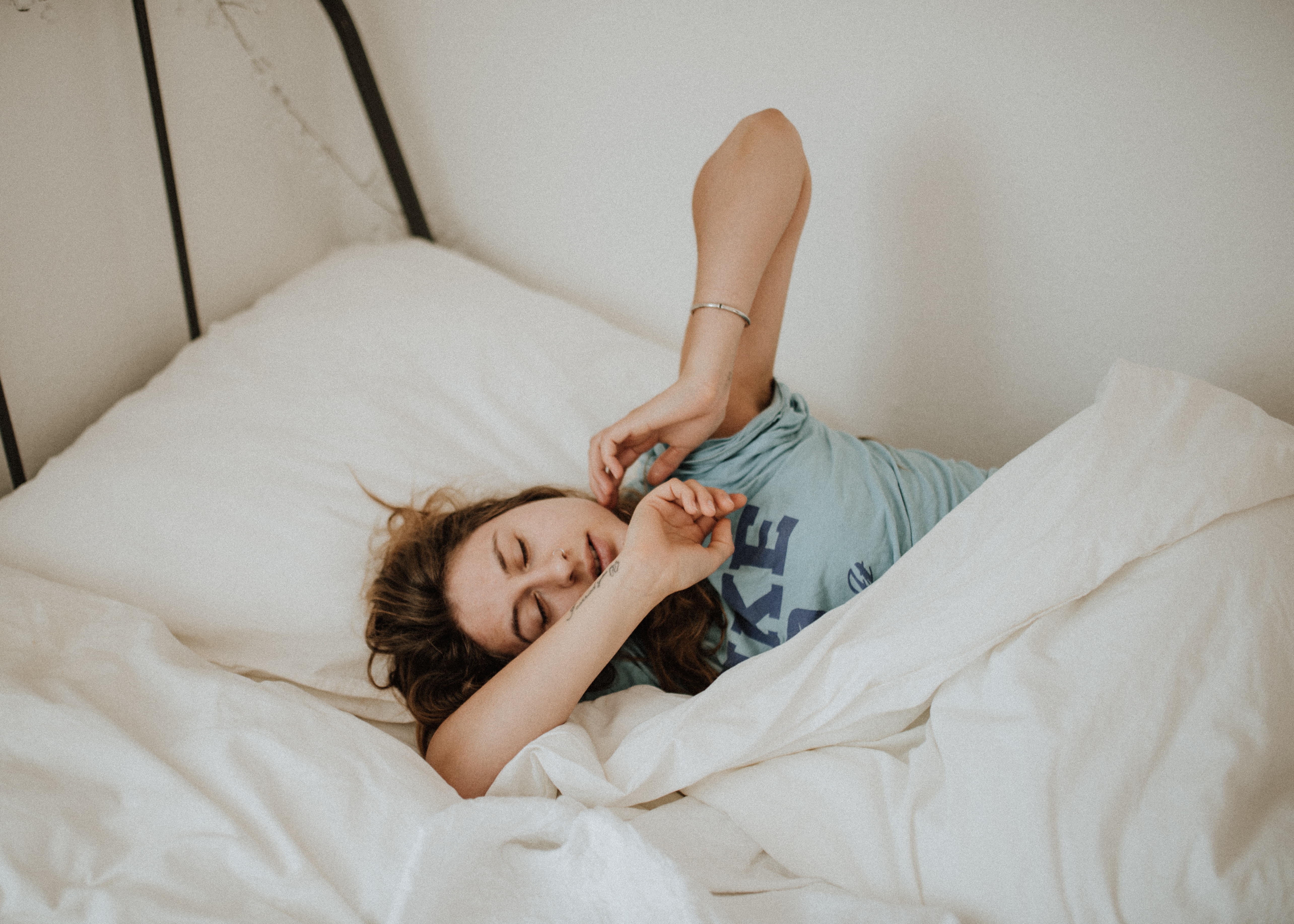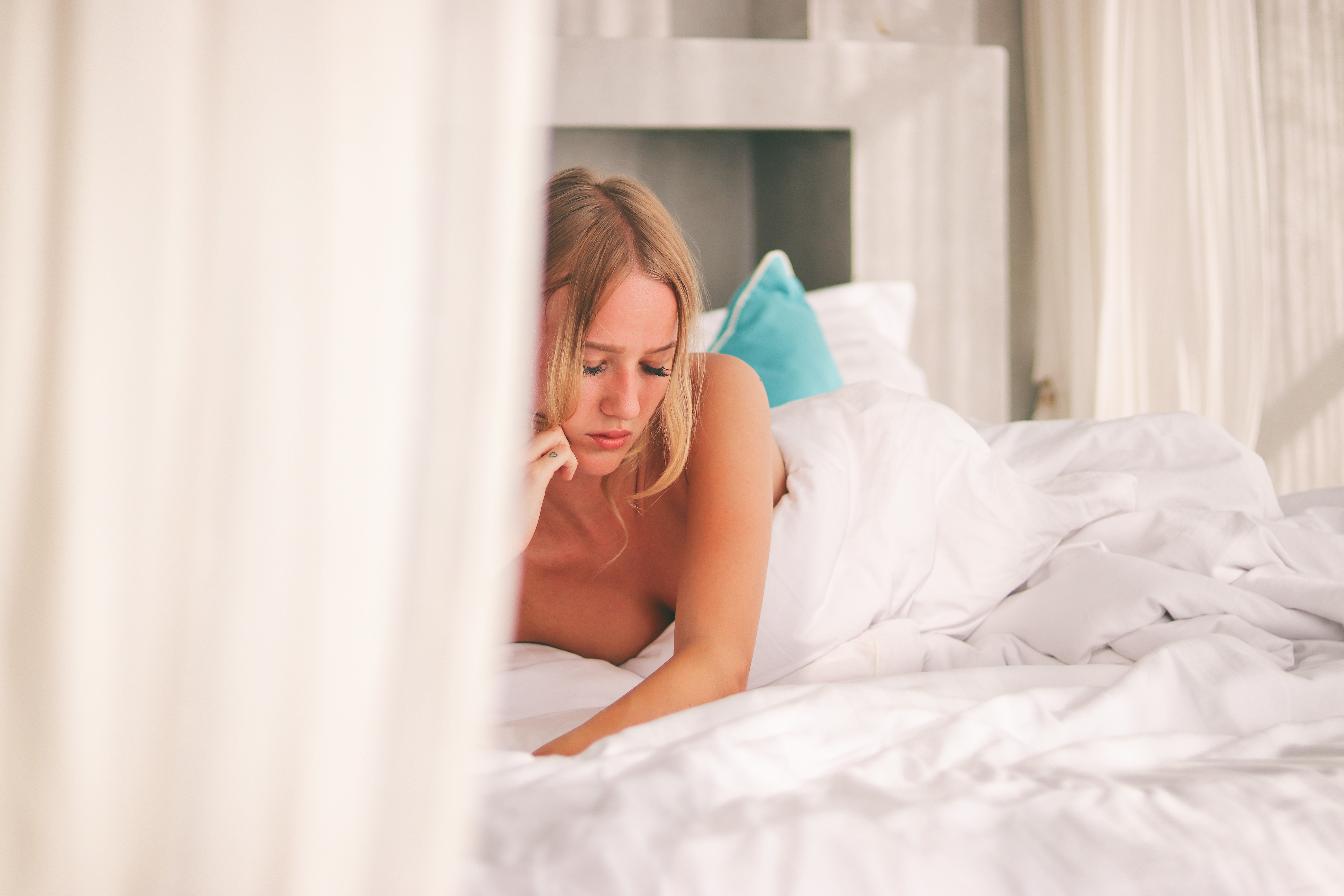Do physically active people need more sleep?

Hadley Seward – certified sleep consultant and certified health coach
Our bodies are hard-wired to require quite a bit of sleep. Without adequate rest, we cannot physically or cognitively function at optimal levels. For athletes or people who exercise regularly, sleep is even more important.
Long-term sleep deprivation has been linked to major health problems such as obesity, diabetes, and high blood pressure. A recent study shows that sleeping as little as six hours per night can have surprisingly negative effects on otherwise healthy adults. [1] For people who are physically active, sleep deprivation carries its own risks: a slower recovery time [2] and a greater rate of perceived exhaustion [3]. In other words, if you’re chronically tired then you’re more prone to injury and can’t perform as well.
How much sleep do we really need?
The National Sleep Foundation (NSF) recommends that adults need 8-9 hours of sleep per night; older adults (65+) need 7-8 hours. These are minimums–if you exercise consistently, you might need more. Because high-intensity physical activity (such as Tabata or HIIT workouts) require longer recovery time, people who do this regularly need to compensate with quality sleep to allow their bodies to recharge.
The good news is that regular exercise promotes more restorative rest. It can be a particularly good cure for people who suffer from insomnia or have difficulty falling asleep. The greatest benefits come from more intense exercise: a 2013 NSF survey shows that people who exercise vigorously reported significantly fewer sleep concerns than people who reported little to no physical activity. [4] But even moderate exercise reaps great sleep benefits: one study reveals that participants who did 80 minutes of moderate activity were able to fall asleep more quickly. [5]
Are you getting enough sleep?
I recommend keeping a sleep log for one week to measure how much you’re actually sleeping. Record when you fall asleep, when you wake up, and any overnight wakings. Also, note how you feel during the day: do you wake up energized or sluggish? Do you feel drowsy at any point?
If you find that you’re not getting the minimum hours recommended, or that you have low energy, then your body could likely use more hours of sleep. For many of us, the obvious culprit is too late of a bedtime. If you’re getting up early in the morning, be sure that your bedtime is also correspondingly early. If you have trouble falling asleep, try to get into bed 30 minutes prior to your target sleep time to help you relax.
You could also try a sleep clock, which simulates the setting and rising of the sun. We’ve tried this one and had positive results with it:
Are you not getting enough sleep because you wake up early to fit in a workout? Studies have shown that many professional athletes don’t get adequate sleep because of early morning training sessions–to the detriment of their performance. It’s important to stay committed to your fitness regimen, but don’t prioritize that over getting quality sleep at night. Sleep is just as important as eating healthfully and exercising consistently. If you regularly neglect your body’s needs, your body will suffer and you will be at greater risk for injury.
 Meditation can also help relax your mind and keep your stress levels in check. I recommend utilizing the Muse Headband, which is a great meditation aid that helps guide you to a calm mind.
Meditation can also help relax your mind and keep your stress levels in check. I recommend utilizing the Muse Headband, which is a great meditation aid that helps guide you to a calm mind.
References
[1] Van Dongen, H., et al. The cumulative cost of additional wakefulness: dose-response effects on neurobehavioral functions and sleep physiology from chronic sleep restriction and total sleep deprivation. Sleep. 2003; 26(2):117-26.
[2] Halson, H. Nutrition, Sleep and Recovery. European Journal of Sports Science. 2008; 8(2).
[3] Myles, W. Sleep deprivation, physical fatigue, and the perception of exercise intensity. Medicine and Science in Sports & Exercise. 1985; 15(5): 580-584.
[4] National Sleep Foundation’s 2013 Sleep in America Poll, Summary of Findings.
[5] Browman, C. Sleep Following Sustained Exercise. Psychophisiology (1980); 17(6): 577-580.
Search terms: sleep, sleep deprivation, exercise, physical activity, recovery time, high-intensity workouts

